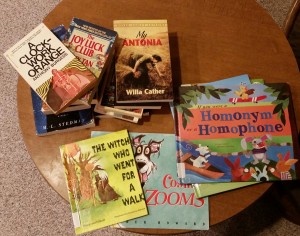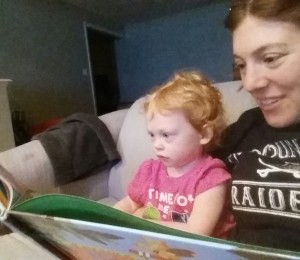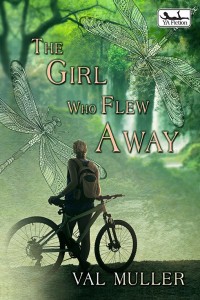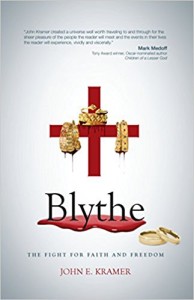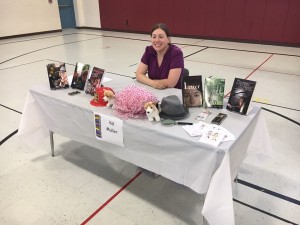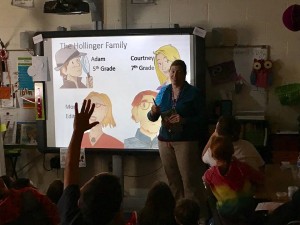As the film The Dark Crystal was formative in my childhood—I watched the film several dozen times per summer as a kid—I was excited to see that someone had written a sequel about it. I’m not an expert in the “lore” of The Dark Crystal’s fan fiction, as I just learned of its existence. I am excited to learn that Netflix is planning a series based on the film. Brian Froud will help with the Netflix series, titled Age of Resistance (more about the Netflix series here), and his name is also listed in the novel Shadows of the Dark Crystal.
I am not sure if the Netflix series, which also takes place as a prequel, is related at all to this novel. In the novel, a Gelfling named Naia is called to defend her twin brother, who has disappeared and been labeled a traitor by the Skeksis.
Wait. Gelfling? Skeksis? If you haven’t seen the film, the world of Thra is a fantasy one, originally built with the imagination of Jim Henson’s puppeteering. Gelflings are similar to elves or sprites: they are petite but not tiny, and good hearted. Females have wings (as a child, I would daily check the mirror to see if I had sprouted my wings yet) that they can use for gliding. There are other creatures, too: Mystics (they look kind of like a combination of dogs, turtles, and giraffes and follow peaceful ways of nature), Skeksis (large, scary creatures that look like birds with some bug-like features and are in charge of the once-pure crystal at the Crystal Castle), Podlings (little human-like creatures that simply like to live in peace).
In this novel, we learn that there are different “tribes” of Gelfling akin to different ethnicities, which helps explain how in the film the Skeksis are able to kill off almost all of the Gelfling. In the novel, its’ shown that the Gelfling seem to be distrustful of other tribes and do not communicate as fully as they should. Naia travels toward the Crystal Castle, picking up clues about what has been happening to Thra: it seems that the crystal, which helps to unify the planet, has already turned dark, and its dark veins are already spreading throughout the land, influencing plants and animals to be cruel and violent. And it’s no surprise that the Skeksis are to blame.
I really wanted to love the book, but it read to me as very superficial. I enjoyed the illustrations, and I almost wished it were a graphic novel: several of the passages were filled with not-very-eloquent descriptions of the world that were then captured in the illustrations anyway. The writing at times was clunky and at other times read more of a summary than anything else. With just two chapters to go, I didn’t have that drive I normally do to finish the book, and it felt more like a chore.
What I wished for was more insight into the world of Thra. I wanted to see Skeksis that maybe weren’t as corrupt as they were in the original film—so that I could see how their actions caused the crystal to turn dark. I wanted to see more about the Gelfling and how a group of beings purported to be so wise and practiced in the ways of harmony with the planet could digress to allow the Skeksis to take over. I also wanted to see more about the Mystics and why they allowed the Skeksis to do their thing as well, since it seems they (as the “good” side of the Mystic/Skeksis balance) had the power to keep their rival in check.
The first few chapters were slow, and then I developed hope for the book, but by the time I got to the ending, I felt like I was reading a watered-down version of the original film—the plot was so similar. Like the new Star Wars films, I felt that the success of the book and the enjoyment fans would derive comes from a sense of nostalgia. Familiar elements brought childhood memories flooding back, but the pictures in my mind came thanks to Jim Henson, and not to J.M. Lee.
